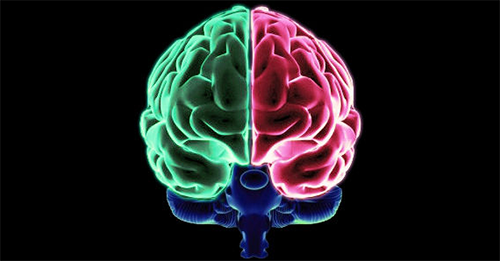FRIENDSHIP AND HEALTH

Maintaining life long friendships leads to
increased longevity
A number of solid studies have found that strong social support improves our prospects for good health and longevity. Conversely, it has been shown that loneliness and lack of social support are linked to an increased risk of heart disease, viral infections, and cancer as well as higher mortality rates. Some research considers friendship to be a "social vaccine" that enhances both our physical and mental health. While the research connecting friendship and health is impressive strong cultural differences in how friendships are formed can make them difficult to define...
Loyalty is held in high regard in Germany and friends are expected to help each other whenever possible. Germans typically have few close friendships, but they tend to last a long time. Russians also tend to have few close friends, but these relationships can be very intense. In Asia and the Middle East friendships are more reserved, but remain respectful regardless of their attributes or shortcomings.
According to a study in the American Sociological Review close personal friendships are declining in the United States. The study indicates as many as 25% of Americans have no close personal confidants outside their family and the average number of confidants per citizen has dropped from 4 to 2 since 1985. According to the study: Americans' dependence on family as a safety net went up from 57% to 80%, their dependence on a partner or spouse went up from 5% to 9% and fewer friendships has reduced their psychological well being.

College friendships last the longest
True friendships fulfill different needs and tend to occur naturally...they place great value on honesty, trust, respect, loyalty and a sincere desire to do what's best for the other. According to the Bible true friendship is a form of love. Belonging to religious and other social organizations can be very powerful ways to make new friends and improve our sense of well being which leads to longer and happier lives. Friends help us cope with our problems, often encourage healthy lifestyles and help us access services, when needed. New science indicates close friendships can actually affect psychological pathways that are protective of our mental health.
Sadly, during these difficult economic times many people have learned the hard way how many friends they really have and this feeling of lack of acceptance, rejection and isolation is a leading factor in the increased mental illness and suicide being experienced throughout the world today. A true friend is someone who believes in you, when you have ceased to believe in yourself. Best friends are special relationships. They seem to understand you on a different level than the other people in your life. They don't just hear what you say, they listen to what you don't say too. If you are fortunate enough to have a best friend in your life, you are very fortunate indeed. Tom LeDuc






